
Tech Diva Biz Talks
Ready to mix business with brains, tech, and just the right amount of side-eye? Then welcome to Tech Diva Biz Talks (formerly the Business Chop), the podcast where strategy slays, tech behaves (mostly), and your host, Audrey “Tech Diva” Wiggins, says what everyone else is thinking about marketing and entrepreneurship.
We’re spilling the tea on business blunders, brand glow-ups, digital do-overs, and how to stop ghosting your website. Interviews? Sometimes. Sass? Always. Tech working better for your business? That’s the goal.
Subscribe now to catch every episode and exclusive content.
Want to be a guest on Tech Diva Biz Talks? Send Audrey Wiggins a message on PodMatch, here: https://www.podmatch.com/hostdetailpreview/audreywiggins
#LetsTalkTech #Entrepreneurship #PublishedAndPaid #Authorpreneur #Storytelling #EntrepreneurLife #MarketingMoves #SuccessBlueprint #StartupHacks #KeepItLegal #ScaleYourBusiness #TechForBiz #SmartMoney #BrandingBoss #Innovation #HustleSmart #Mindset #DigitalMarketing #ExitStrategies #SuccessionPlanning #VisualStorytelling #TeamWork
The Tech Diva Biz Talks podcast is a production of Altogether Marketing LLC founded by Audrey Wiggins, Chief Brand Strategist aka Tech Diva. Visit https://altogether.biz for more information.
Tech Diva Biz Talks
Beyond Profits and Paychecks The Key to Thriving Businesses with Rick Tuquero
In today's fast-paced business world, the relationship between employers and employees can make or break a company's success. This episode of Business Chop features Rick Tuquero, a leadership performance coach with over 30 years of experience in the American workforce. Rick shares his insights on bridging the gap between employers and employees, offering practical strategies for building stronger, more effective teams.
The Employer-Employee Gap: Understanding the Root Causes
- The misunderstanding of the true purpose of the workforce
- Lack of effective communication skills
- The importance of clearly defined expectations
Evolution of Hiring and Talent Development
Drawing from his extensive experience as a three-time business owner and leadership expert, Rick discusses:
- The evolution of hiring practices
- The critical role of vision, mission, and values in attracting the right talent
- The distinction between knowing a skill and effectively training others
Building Solid Foundations for Leadership
Rick emphasizes the importance of implementing key frameworks to strengthen team performance:
- Clearly defining and communicating the company's vision
- Developing effective mission statements
- Establishing and living by core values
From Reprimands to Development: A Case Study
Rick shares a real-world example of how he helped a company transform its approach to employee tardiness, shifting from a punitive system to a development-focused model.
Visit: RickyTAcademy.com
Buzzsprout - Let's get your podcast launched!Start for FREE
Designrr for eBooks, Blogs
Create eBooks, Blogs, Lead Magnets and more!
Riverside.fm Your Own Virtual Studio
Professional Virtual Studio
Altogether Domains, Hosting and More
Bringing your business online - domain names, web design, branded email, security, hosting and more.
Digital Business Cards
Let's speed up your follow up. Get a digital business card.
Small Business Legal Services
Your Small Business Legal Plan can help with any business legal matter.
Looking for Podcast Guests?
Keep your podcast schedule full with quality guests from PodMatch.
Mens and Womens Hats
Since 1972, American Hat Makers has been dedicated to the art of fine hat making.
Disclaimer: This post contains affiliate links. If you make a purchase, I may receive a commission at no extra cost to you.
Want to be a guest on Tech Diva Biz Talks? Send Audrey Wiggins a message on PodMatch, here: podmatch.com/hostdetailpreview/audreywiggins
To work with Audrey schedule a breakthrough/discovery session.
[00:00:00 - 00:01:52]
Welcome to the Business Chop where challenges, success, rewards and solutions to entrepreneurship collide. Let's chop it up. Hello Chop Squad. Welcome again to the Business Chop. I'm your host, Audrey Wiggins and you know I'm excited to be with you. Our guest today is a leadership performance coach who helps businesses establish solid foundations and frameworks guaranteed to help that leadership of that business more effectively and efficiently hire, train and develop employees. He served in the American workforce for over 30 years and now as an entry level employee, as a leader, as a manager, and as a three time business owner. We're going to learn more about Rick Takarl. On the other side of this message. Knock out your competition with all together marketing. We elevate your brand. Take a stance with your business name, logo, the tagline, your colors, even the fonts for your business and then jab left with your website right with core values. Back up with product experience and bring it on with you. Visit Altogether Biz and let us help you create a knockout brand. Rick has held leadership positions for over 20 years in which time he's helped several businesses hire, train and develop hundreds of employees, successfully navigating through just about every performance challenge imaginable. He's on a personal and professional mission to help close what he calls the gap between employer and employee because he truly believes businesses are vehicles that can help drive the positive change the world so desperately needs. Rick Takaro, welcome to the business shop.
[00:01:52 - 00:01:57]
Thank you so much, Audrey. I really appreciate you. Let me take the time to be here.
[00:01:57 - 00:02:05]
My first question that I always like to break the ice with is tell the Trap squad. Share with us a couple of fun facts, something that we may not know about you.
[00:02:05 - 00:02:55]
Oh yeah, shoot. I remember one is that I used to DJ for nightclubs. I used to do that and it led into a professional wedding DJ business. But the cooler things about that was that I was actually able to get in on a radio station of the main radio stations in Oklahoma City for a spell and then I also did some like scratching beat mixing competitions at some of the the venues that had downtown as well. So the other fun fact is the opportunity I had to go on a special project at Blue Origin which was helping a company that put the. If anyone's ever seen the rocket for Jeff Bezos Race to space, still, there's a big black feather on the side of it. And I was there. I say I helped because I was there, but I didn't really do a whole lot. But that was.
[00:02:55 - 00:02:56]
You did something.
[00:02:56 - 00:02:59]
Yeah, yeah. So those are the two fun Facts.
[00:02:59 - 00:03:19]
Those. That's really cool. Okay. Yeah, I like those, definitely. All right, let's get into some other questions about what you do. And just right off the bat, when you talk about closing the gap, you know, quote unquote, between employer and employee, what are the most common causes of that gap and how can leaders start bridging it today?
[00:03:19 - 00:04:39]
Oh, man, that's such a great question, Audrey. You know, I say that the gap really is just a more of a misunderstanding of the true purpose of the workforce, why a business is in business to begin with, and then why people seek employment and, and with that not really being communicated or, or discussed within our, our 12 years of being in an education system that's supposed to prepare us for the real world, there's a very big disconnect going into the workforce. And I believe that's what's the very start of a lot of these chall that both sides experience after they've entered the workforce. So I don't want to go too far which way or another, because I'll get in a rant and I'll start going down the line with this because it's obviously a passion. But to give some, some, some examples of. We're not, we're not really learning beyond just the purpose of going into the workforce. Right? It's beyond making a profit, beyond making a paycheck. Some of the challenges that come from this gap is the communications. Right. We don't really learn how to effectively communicate while we're going through our education period. Our learning phase, when we get into the workforce, that is, I believe, pretty apparent. So when it comes to the, the challenges between employers being able to explain certain things to the employee and the employee be able to address certain things with the employer, it's, it's just a really, it's a jumbled mess.
[00:04:39 - 00:04:52]
Oh my gosh. I hear you with, with over your 20 years in leadership and experiences, you know, as a three time small business owner, how is your approach to hiring and developing talent ev evolved over the years?
[00:04:52 - 00:08:04]
One thing I've noticed is that a lot of, a lot of employers will have kind of more of a, a very similar routine or set of questions that they ask employees being there to witness, learn and then actually apply these things. You know, hiring people myself, it's brought that even more of an attention to the things that aren't being discussed during the hiring process. And this is where the, I think one of the biggest challenges are because we're not clearly explaining in detail for some of these companies what's expected of the employee. They're not clear. Just start from the very top. You know, the vision of the company. I know a lot of employers might kind of roll their eyes at when they're talking about vision, mission and value statements, but they're the most critical piece because the vision is what points the direction. It's what kind of really gives the purpose of the business. And that's what's going to ultimately attract better fit employees because that's what they're aligning with, like the ones that are more proactive in their journey through the workforce. So in the hiring process, it goes beyond just asking some of these formal questions, and it can be done a lot differently. So I don't want to take up too much time trying to explain the nuances of that. But that's in the hiring part of it, you know, starting from what kind of words are they using when they go to seek the employee? You know, are they offering anything beyond just a paycheck? You know, what are they using as the lure to lure people in when it comes to the training part, I've seen that a lot of companies, when I was as an employee being trained and then moving into a training as a trainer position over the years in many different companies, there's some distinction between knowing something and being able to effectively train it to someone else. Just because you know something. Well, you could have done it for 30, 40, 50 years, but it doesn't mean that you're going to really be able to effectively train to someone else just because, you know. Yeah, that's one major distinction I think a lot of people are overlooking, and maybe they're at the mercy of that anyway, so that's. That's an issue. So. And just because somebody wants to do something doesn't mean that they're going to be the best to do it. So there's. There's just the quick overview of that and then the process of the training. If you don't have a very set structure to it, the trainer could get lost in describing or explaining certain things that aren't quite as relative. So a lot of time can be lost if they don't understand that there could be a better way. A lot of people experience that, and then the challenge is not to go too far with it on the other side. I've talked to so many, I've heard from so many employees, their frustrations of not getting the proper training that they feel that they need that's going to help them excel, whether it's intentional or not intentional. That's a different story, but that's really just kind of the scratching surface of the training portion of these issues. On the development side of things, I truly believe that very few companies have real, legitimate, effective development programs for their employees, which is one of the major things that are missing that couldn't help make this big difference that I'm talking about. And just on a personal, professional level for the company and the employee alone, that's what's going to help take it beyond profits and paychecks. That's what's going to really help them, help their employees, help the business grow. It's a beautiful thing. But I talked to a few major companies that are like say, Starbucks Corporation that do have this, Amazon, they do have development programs. What little research I've done into those, they're great. But I think that there's a lot more that could be done. And if they're done differently, it would make a huge difference for just about any company.
[00:08:04 - 00:08:16]
That kind of leads me though, to the next question about how you focus on building solid foundations for leadership. So what are the top two or three frameworks every business should implement to strengthen team performance?
[00:08:16 - 00:09:51]
I will always say it's going to go back to the vision, okay? If a company doesn't have something solid and truly meaningful, that really describes kind of like what this company is wanting to do or evolve into in the future, whether it's a couple years to 20 years down the road, it leaves so much room for uncertainty and confusion beyond that, because it's just kind of like more or less, you're just now showing up to support the company's products, employer side of it, you know, as. As well. So clearly define the vision. And if a company thinks they have a clearly defined vision, I've seen so many personally on both sides, again from. As an employee and as. As from leadership positions. Employers that have a vision, they really do. I've heard it, I've listened to it, I've seen it. But I've seen that the next challenge is that their ability to properly communicate that to the majority of the people that they need assistance from, largely the employees, there is a disconnect right there. That's part of where I help come in and kind of help figure out, you know, is it that you don't have one clearly defined yet or you have a proper communicated. And then from there. So the vision, the mission and the values, that's. That would be my top suggestion to anyone. Don't take it lightly. It's not a statement just to Be put on wall. There's other things that we would do to continue to follow this up, to know that we're living and breathing this stuff, because that's the whole thing, you know, the missions to help drive you towards division and then the values are what helps keep the company on track. They know, okay, this is how we're attracting more better fit employees. And this is what we're leaning on when it comes down to standing on merits and being able to make sure that employees aren't going too far off track, whether it's intentional or otherwise. So to make sure that they're clearly defined and that they're getting properly communicated to the employees or whoever else needs to understand this.
[00:09:51 - 00:09:59]
Can you share a story where you helped a business turn around performance challenges through your coaching? And what was the breakthrough moment?
[00:09:59 - 00:12:11]
Yeah, no, that's. That's. I do have one that instantly comes to mind. There was a period where I was helping a company go through a huge hiring spree. A lot of work coming in, and we had a handful of employees that would constantly show up to work late. And on this particular industry, it wasn't a whole lot of room, like if that. That really had a big impact on the overall project and delivery time. So I kind of helped work through that process of, for one, making sure that everybody knew that we were going from reprimand forms and sheets to development forms. Okay. And that's where that concept really came in. Because, like, why would we reprimand anyone? This is all based off of, you're coming in, we're going to help develop you into something greater than you were before, whether you leave or stay here. So it's all about developing. So when, when. When we're addressing an issue, it's based off of the performance and how we're going to make it better. I mean, we can say it's. It's looking at a bad thing, but. So this was on attendance, people coming in late. And for whatever reason, I said, okay. I wanted to help them understand. Look, this person says, it's only five minutes late. I'm only two minutes late. I'm only 10 minutes late. I said, okay. When you got hired in, we discussed that the start time was this. Okay. If we were to give leeway, where do you suggest that we draw the line at? Because at some point I would like to hope that you would agree that it becomes negligent or it becomes too much. So everybody's got their own point of view as far as what seems to be okay if it's just, you know, a few minutes to 10 minutes late. Where do you suggest we draw the line at? Because at some point we still got to use that to go forward, which was originally the actual start time that we discussed. So I kind of leaned into it like that and then spoke about it in several ways and kind of went through this. It took about two months maybe for it to really and people to really not just accept it, but really appreciate what was going on there. And they kind of seen a whole different perspective. So again, like saying we could lay down the frameworks and the foundations for people. But I think that one of the bigger challenges is having some leadership in place that has the ability to really have the patience and the ability to communicate effectively, just to help understanding come to surface and put it in a way where it's not blame or on anyone else, it's just this is what it is and we're going to lean on the merits of this. This is why you showed up, this is why we hired you, and we kind of go from there.
[00:12:11 - 00:12:57]
Get on. Since 1972, American hat makers has been dedicated to the art of fine hat making. Their diverse selection caters to outdoor adventurers, style conscious individuals and hat enthusiasts just like me, with a focus on meticulous detail and quality materials. I love wearing their hats. Embrace your own spirit of adventure and individuality. Visit Bit Lee Hats Now. Bit Lee Hats now or use our affiliate link in the show notes to view their vast selection of men's and women's styles. Rick, many business owners struggle with time management. You kind of talked about due to team issues. Sometimes, you know, the time, the time management can get away. So how does your method help leaders reclaim their time and reduce burnout?
[00:12:57 - 00:15:08]
I'm great. I'm grateful you asked that question, Audrey, because it's definitely, I'm sure, one of the most thoughts of any business person at the forefront, especially when it comes into something like this. I would let them know that at some point some kind of effort's gonna have to be put in to make things different or better. I can't promise anyone, and nor would I want to, that it's going to be very quick and smooth sailing. And it's all going to boil down to each individual's businesses, personal, professional situations about what kind of time we need. But when it comes down to going through the effort of putting these foundations and frameworks into place from then on, for the life of the business, it's going to completely, dramatically reduce a lot of the unnecessary time, the wasted time, money, and energy that comes from not having these things in place. And when I say for the life of the business, because once they're there, you can adjust them, you might need to every once a year, two to five years or something. But for the most part, the essence of it, the basic fundamentals really aren't going to change. They haven't for, since the workforce has been in force or gone and, and it just, I don't see, until robots and I take over, I don't see it changing anytime soon on the basic fundamentals which AI and robots are a whole different challenge that are being faced right now as well. So. But once they go through and they actually complete this and get these things done, they're going to have more free time because it's going to help current leadership onto how more effectively to hire, train and develop their employees. And one of the other big challenges I think a lot of businesses are facing is if they do have great leadership in place, someone that's truly aligns with the, the vision, mission and values and that's there, they're going to support it in the best way they can as close to as the owner or the founder would prefer. The challenge then is what happens if they need to leave at any given time. These frameworks in this foundation is going to help them more quickly get someone else up to par that they feel is a good fit to fill that leadership position. Whether it's within or they got to hire someone from without, it's going to get them up to par a lot quicker. So they're going to save a ton of time there. The training alone is going to save them a ton of time. I mean, when I, when I help them build this, this simple framework out for their training program and then it's just getting in there and working with their leadership on how to basically implement these frameworks.
[00:15:08 - 00:15:14]
Before we get to that last question here, how can we get in touch with you? You know, what's your website?
[00:15:14 - 00:15:48]
Y the website is ricky tacademy.com I believe I have all my social setup. I'm not a very techie guy, so. But I'm pretty sure all the socials are set up to be like@rickytacademy.com whatever that last portion is of LinkedIn, Facebook, Instagram and TikTok. That would be the best way probably, you know, to go, to go to the website. They get a little bit more information there and then I have, you know, a little, a little deal there. If they wanted to download it's, it's a Couple free things that I call it like the performance starter kit.
[00:15:48 - 00:15:49]
Oh, cool.
[00:15:49 - 00:15:54]
That they could get. You know, obviously they got to put their email in there, so I can email it to them, but if they're interested in that.
[00:15:54 - 00:16:18]
All right, that's fantastic. So I really appreciate that. Chop squad. Make sure you, you definitely hit over, you know, head on over to, to Rick's website and, you know, grab those resources, get in touch with him so you can take it to that next level and so your employee, employee relationships and your business can, can grow forward. Rick, when we're thinking about that employer, employee relationship, can you expand upon some of the challenges there in that relations?
[00:16:18 - 00:17:46]
Yes, absolutely. I believe that one of the biggest challenges for both sides, one is the employer being able to find good help, good employees, the right fit, so to speak. And then the other is for the employee to find what they consider a good employer. And, and that kind of going back to the, the purpose, you know, the, the employee understanding what's the purpose of going for the job, because that's going to have a lot to do with what kind of jobs they go to pursue. And then the employer as well, why am I in business? And this is going to have a lot to do with how I'm going to attract my employees. The thing that I've seen that I believe is taking place right now is that a lot of employers have been, have been traumatized. They've been tainted and rubbed the wrong way with employees that just didn't work out. There's no to blame there. That's what it was. Okay? And I believe so a lot of them are kind of in this mindset of categorizing almost every employee that comes through their door or a lot more often. And the same thing, the similar thing on the other side for the employees, I believe that they've experienced, some of them, they just have experienced a lot of whether they're toxic employers or maybe employers that just. They weren't the right style or whatever it was, and then they got traumatized and tanted and they're like, oh, you know, all the employers are just out to leash off of my, my labor and so they can do this. And the others are like, oh, these guys are too lazy. They're entitled and, you know, they're pay me what I'm worth. You know, you're not worth what I'm paying you. And so these are like these common things. And that's kind of really, that the, the, the in depth, more detailed part of the gap that I talk about. And it just boils down to a lack of clarity, transparency and purposes. That's the majority of all those challenges that where they come from.
[00:17:46 - 00:18:09]
So awesome. Thank you. Because as we close out, I always like to ask my guests to drop a wisdom of nugget, you know, a wisdom of nugget. Oh, boy, that sounds like a blooper. Right? Thinking about, you know, any business, business leader who might be feeling overwhelmed or by team challenges or, you know, but still believes that, you know, in their mission, they're, they're going down. You know, the ship is going down, they're gonna go down with it. So what's, what's your, what's your nugget of wisdom?
[00:18:09 - 00:19:40]
I love it. I, you know, Audrey, real quick, I always like to. One of my famous sayings is, you know, Michael Jordan in his prime dropped a few, he missed a few shots. So I think we're all pretty good. You know, what we got going on. I would say this, you know, it's got to be something beyond profits and paychecks. And I'm sure a lot of businesses are out there and they're, they're, they're definitely wanting to make some kind of bigger impact beyond the profits and paychecks. These four elements, you know, they are extremely critical and beneficial to clearly define, probably communicate and get them implemented as quickly as possible. Just know that it's, it's going to be the purpose. If there's no other purpose to show up to work beyond a paycheck, then it's going to be so hard to get the most out of employees or attract the right employees. So I would say figure out what it is that you're really wanting to use. And then for my biased opinion is that's what's going to help. I don't want to say save humanity, but keep us strong. Keep us strong and prosperous as a people, regardless of our differences. Because I just like to believe that, you know, we're not waking up just to go survive and earn a paycheck, pay bills and, and hopefully retire with a few dollars in our pocket. And, and, and as far as I can tell, after over almost 47 years on this planet, you know, businesses in general are the only thing that I can think of that have the ability to help humanity on scale, whether it's just on a financial level, help you get a little bit better head on, on the finances, or to help people come into their realization of what they're really passionate about, what they're really good at, and help that lead the way. Into what the rest of they do with their lives.
[00:19:40 - 00:19:49]
So thank you. I appreciate that. Word of wisdom. Chop squad again, you gotta go in mine here, plug into one last thing.
[00:19:49 - 00:20:01]
Oh, yeah, sure. Go ahead. On a little bit more of a tangible, like, in the workplace thing. Connect with your employees. Find a way to establish the relationship with them and let them know that genuinely care. And that's going to go so far.
[00:20:01 - 00:20:05]
Yeah, absolutely. Thank you, Rick. Really appreciate your time and expertise today.
[00:20:05 - 00:20:06]
Thank you, Audrey. Appreciate it.
Podcasts we love
Check out these other fine podcasts recommended by us, not an algorithm.

Podcasting Made Simple
Alex Sanfilippo, PodMatch.com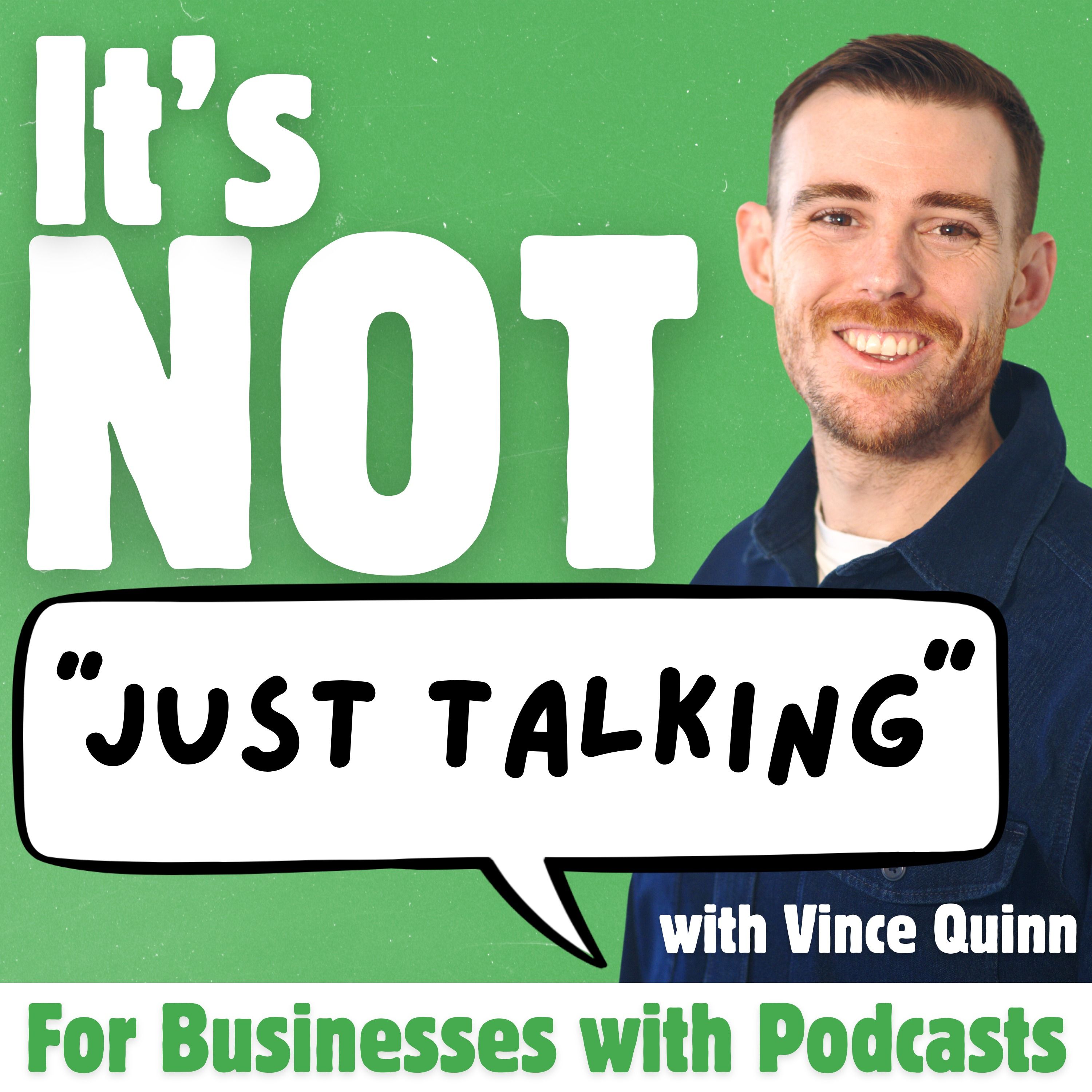
It's Not Just Talking with Vince Quinn
SBX Productions, Vince Quinn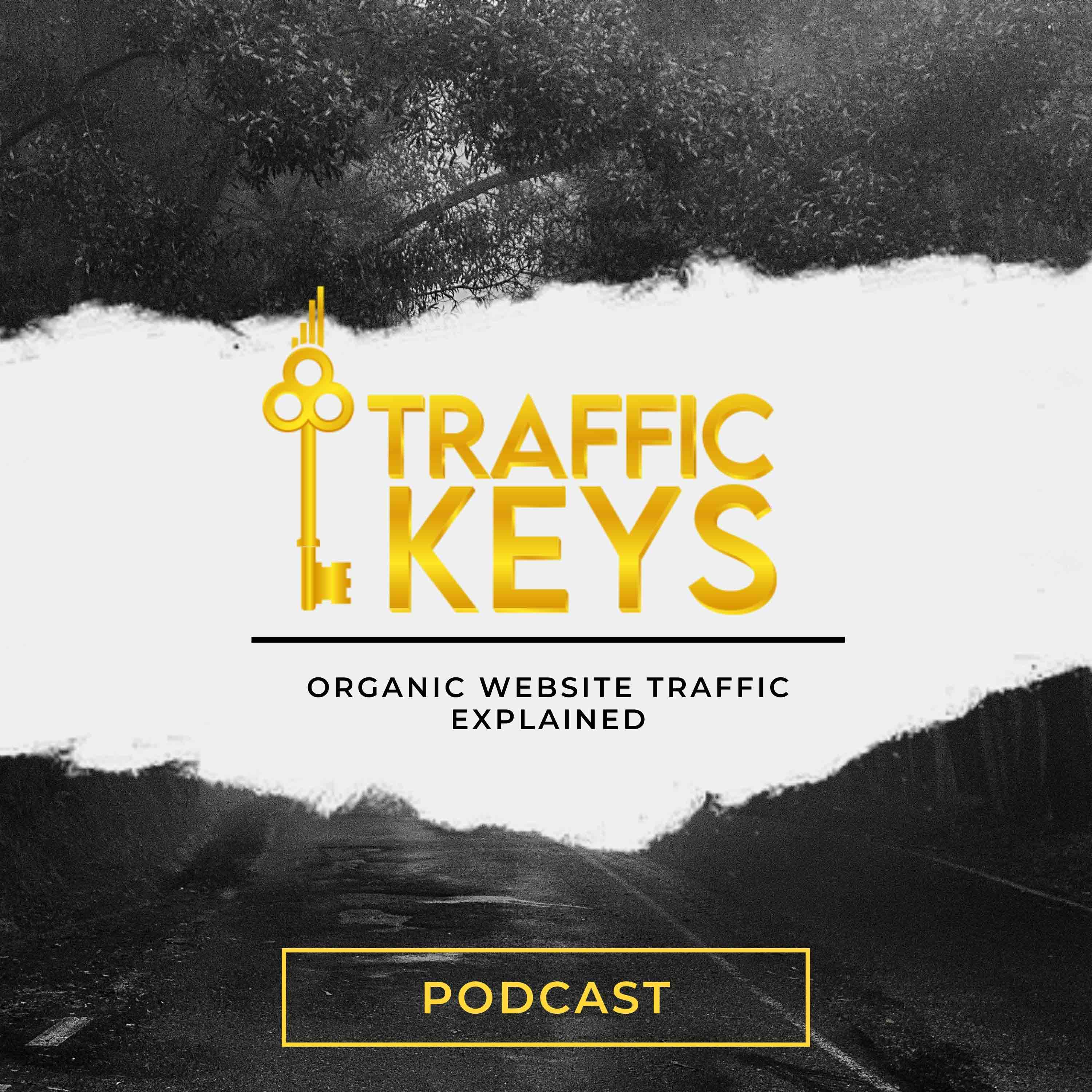
Traffic Keys Podcast
Atiba de Souza
I Have A Podcast by Vinnie Potestivo
Vinnie Potestivo
Entrepreneurs on Fire
John Lee Dumas of EOFire
Imperfect Marketing
Kendra Corman
Raise the Script with Nutrigenomics
Dr. Tamar Lawful, PharmD, APh, CNGS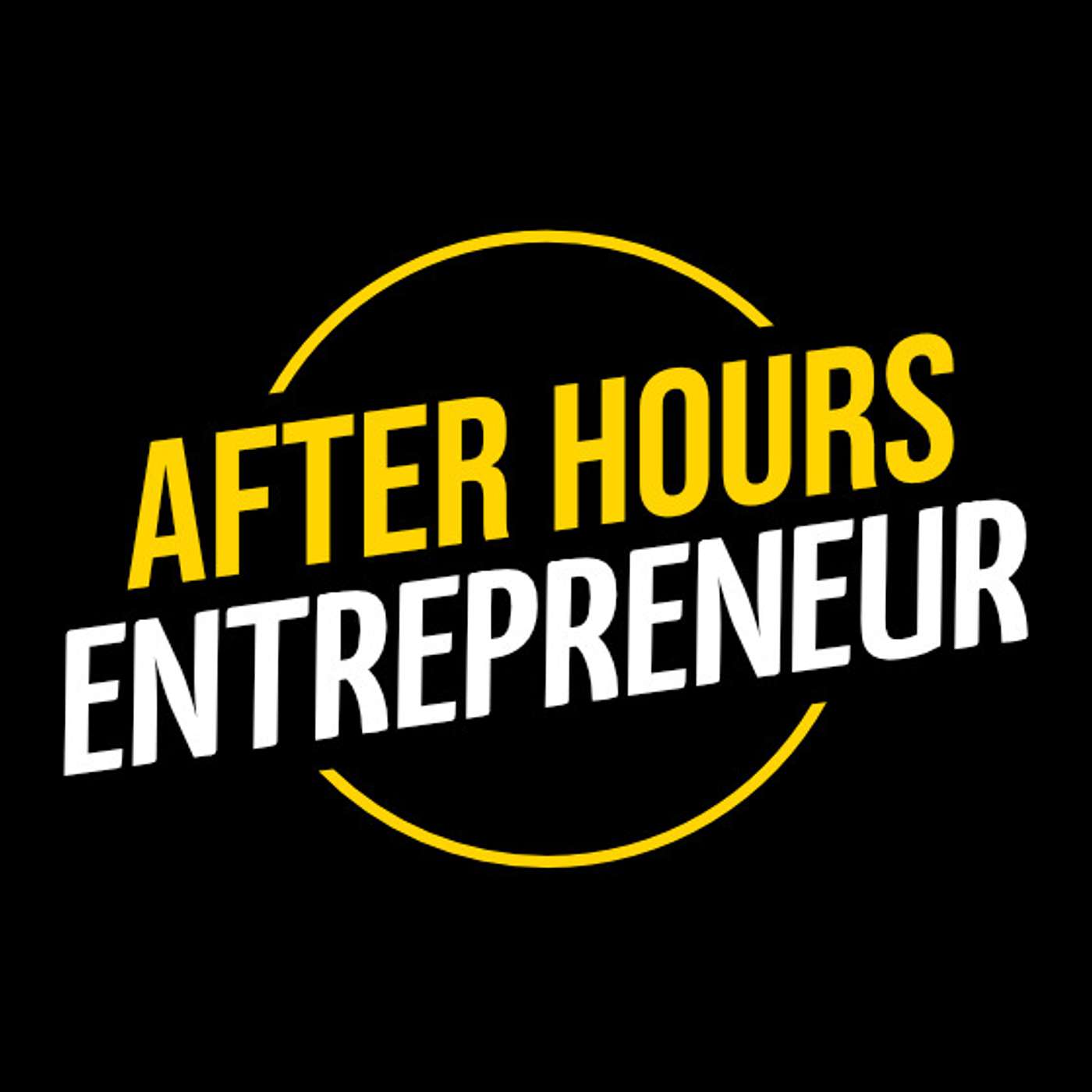
After Hours Entrepreneur with Mark Savant
Mark Savant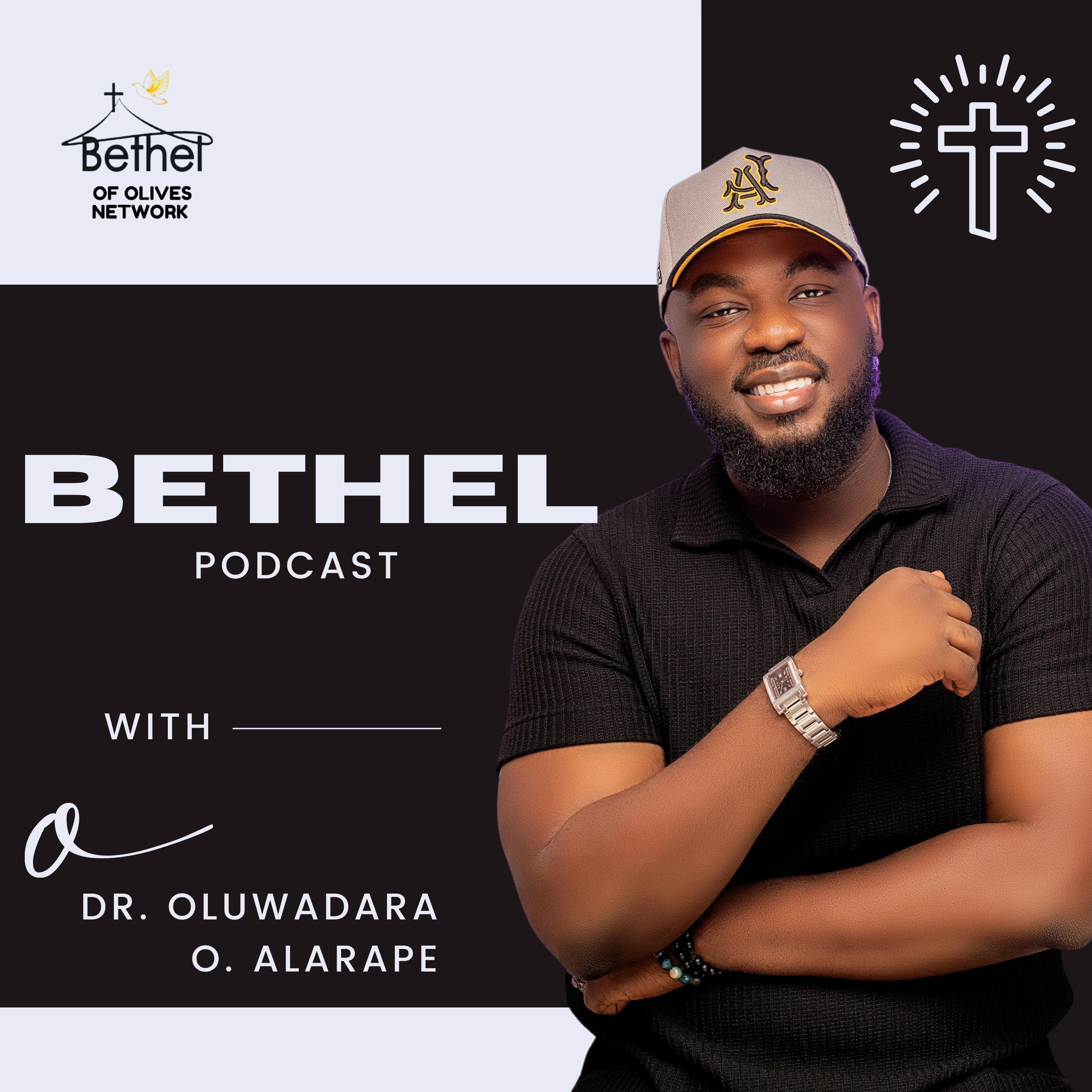
BETHEL
Dr. Oluwadara Alarape
Thoughts on Thought Leadership with Atiba
Atiba de Souza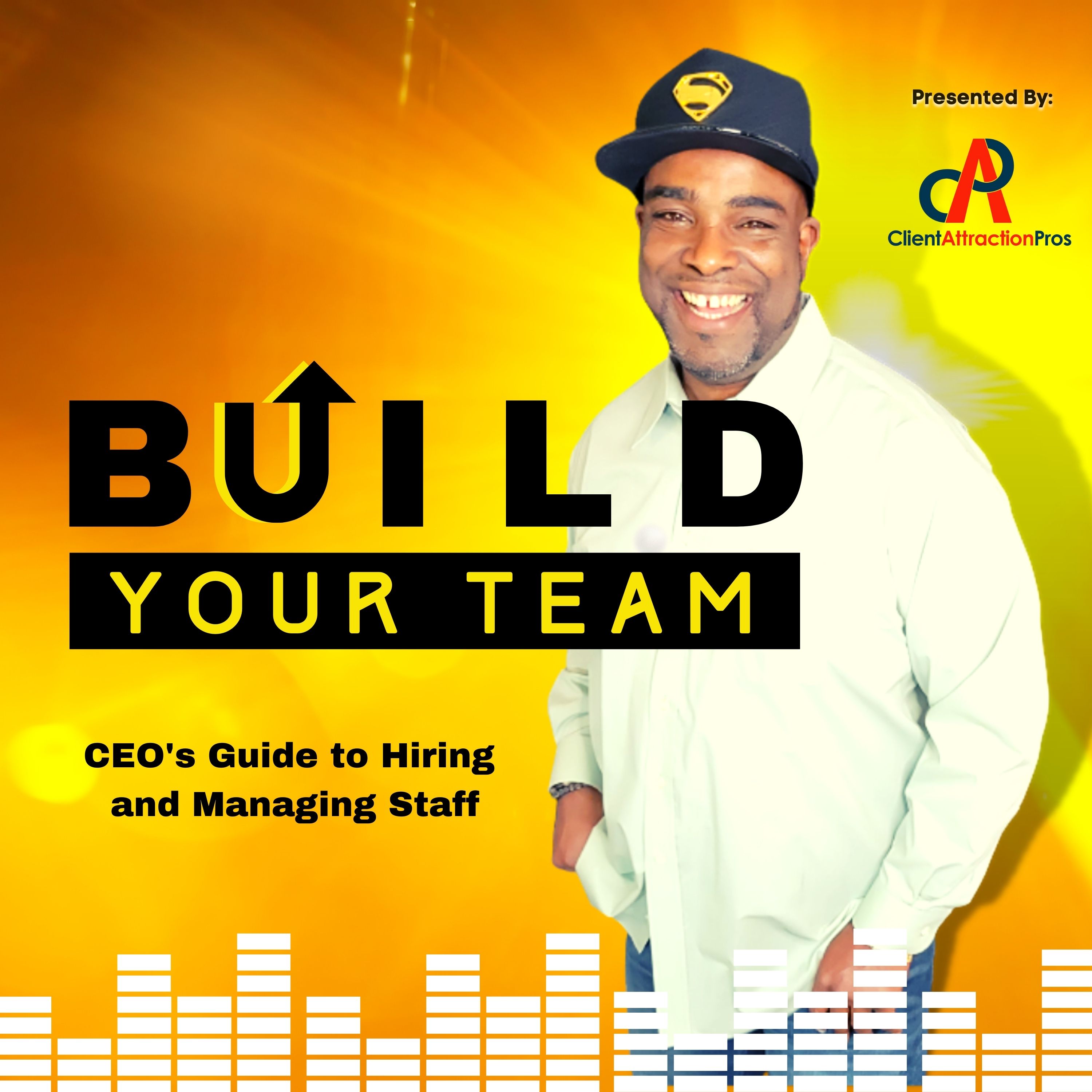
Build Your Team
Atiba de Souza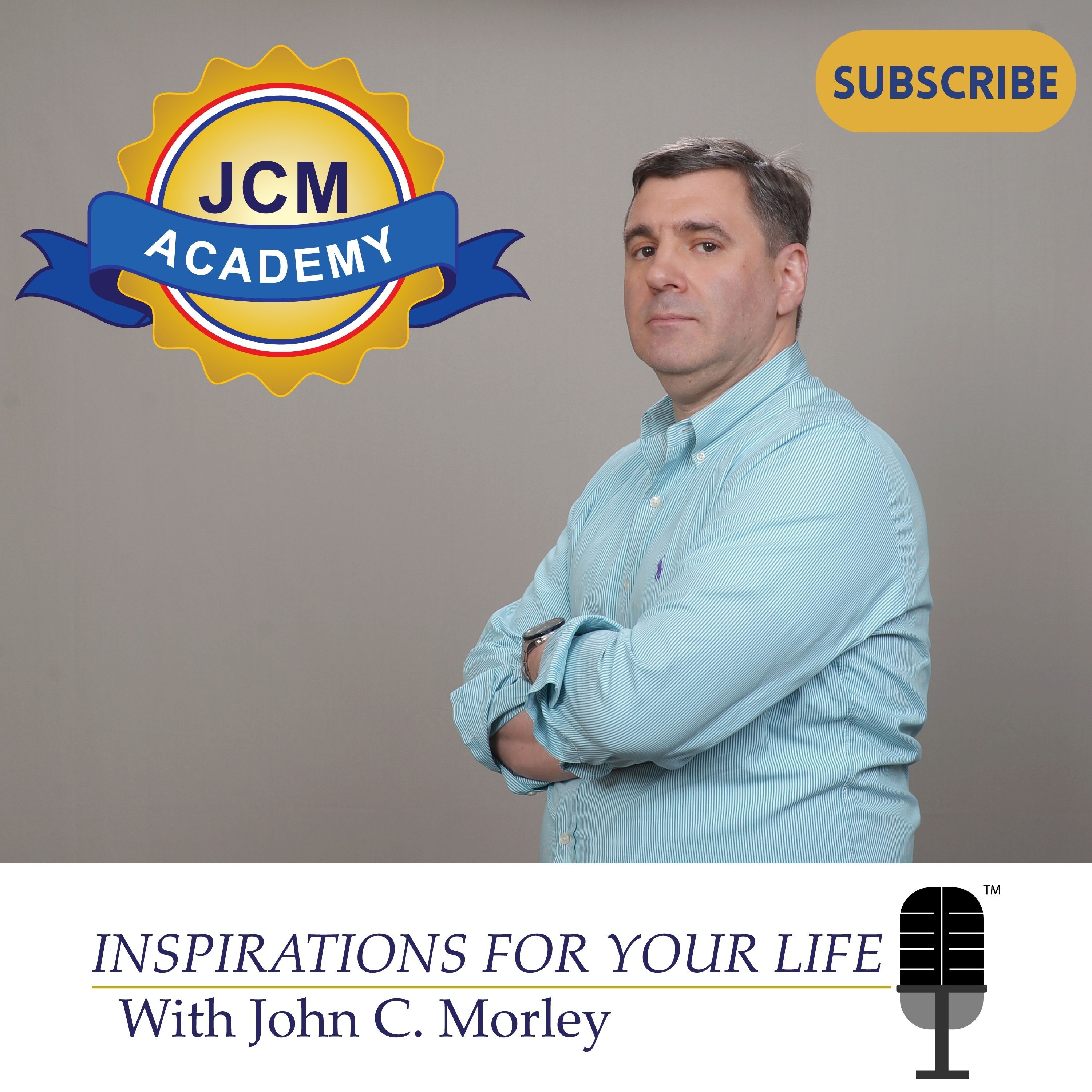
Inspirations for Your Life
John C. Morley, Serial Entreprener
Marketing in the Age of AI
Emanuel Rose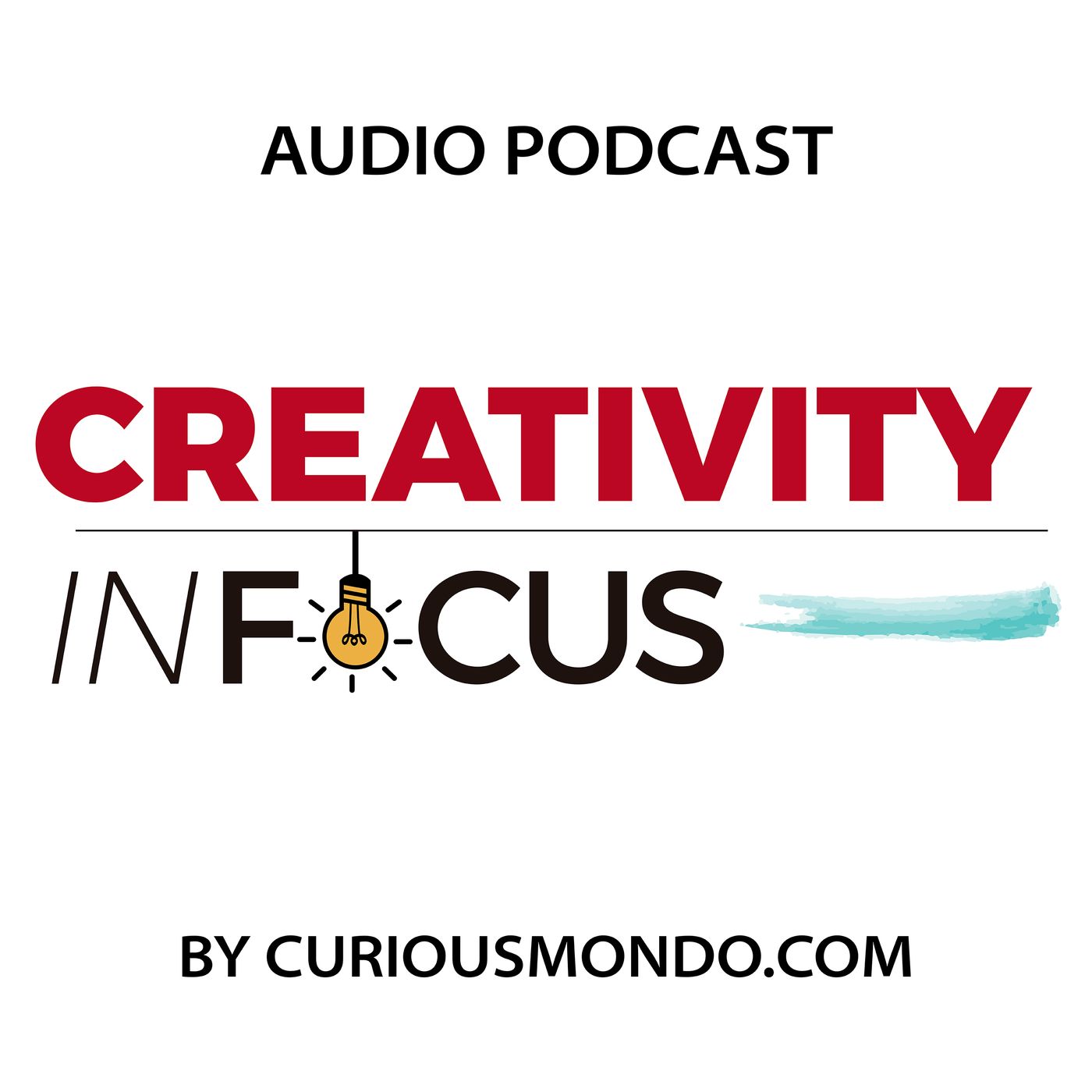
Creativity in Focus - Audio Only
Shahar Boyayan
Make Something Happen with Audrey Wiggins
Audrey Wiggins
The UnNoticed Entrepreneur
Jim James
Music 101
Daniel Lucas / G.Mick Smith
Abstract Poetry
Daniel Lucas
Food 101
Daniel Lucas/Alessandro Panattoni
Abstract Essay
Daniel Lucas /Sal Cosenza
#iesgaherrera28d28sonidos
daniel lucas
El podcast de Lucas Daniel Porra
Lucas Daniel PorraDaily Dose of Dave Podcast
Dave Valentine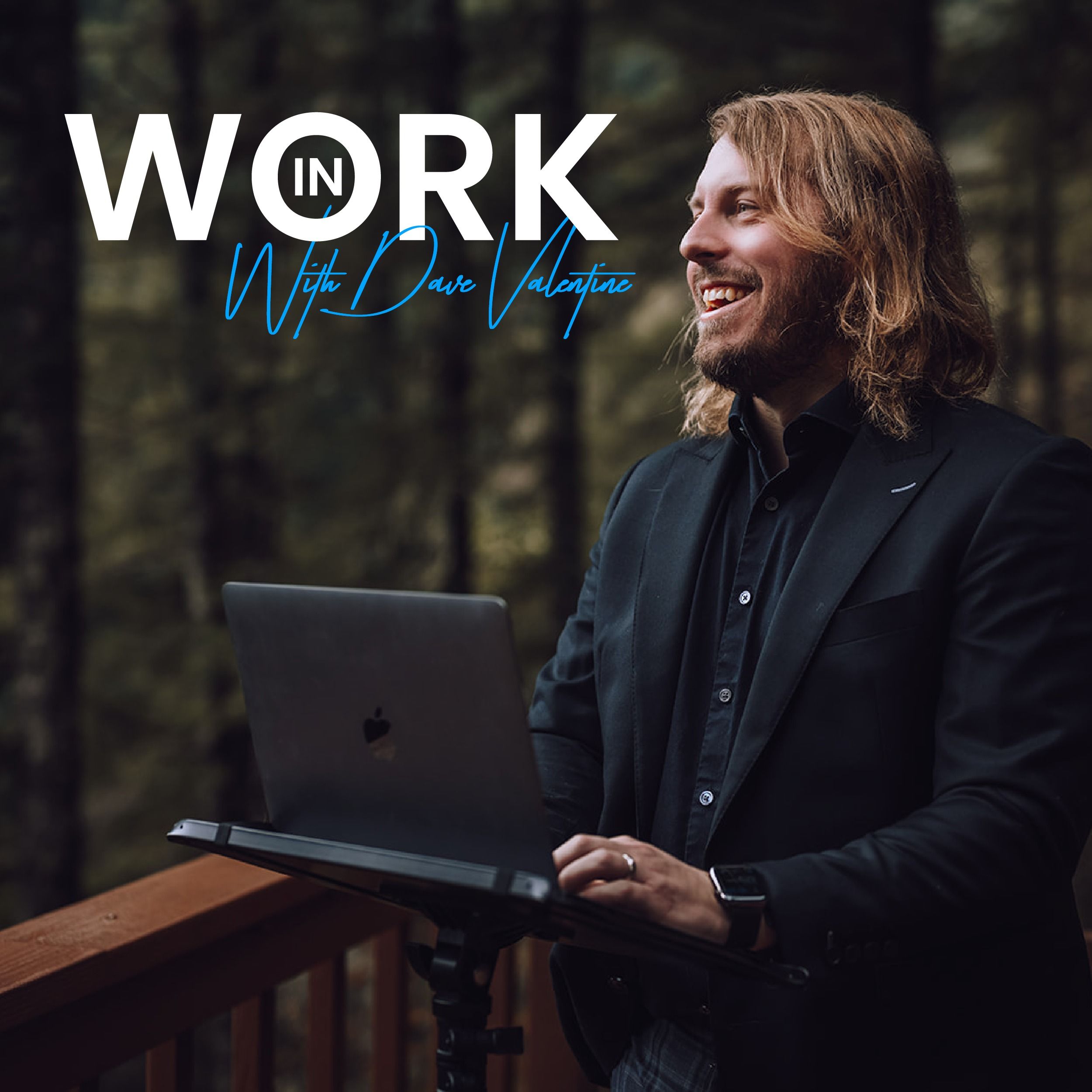
InWork Podcast with Dave Valentine
Dave Valentine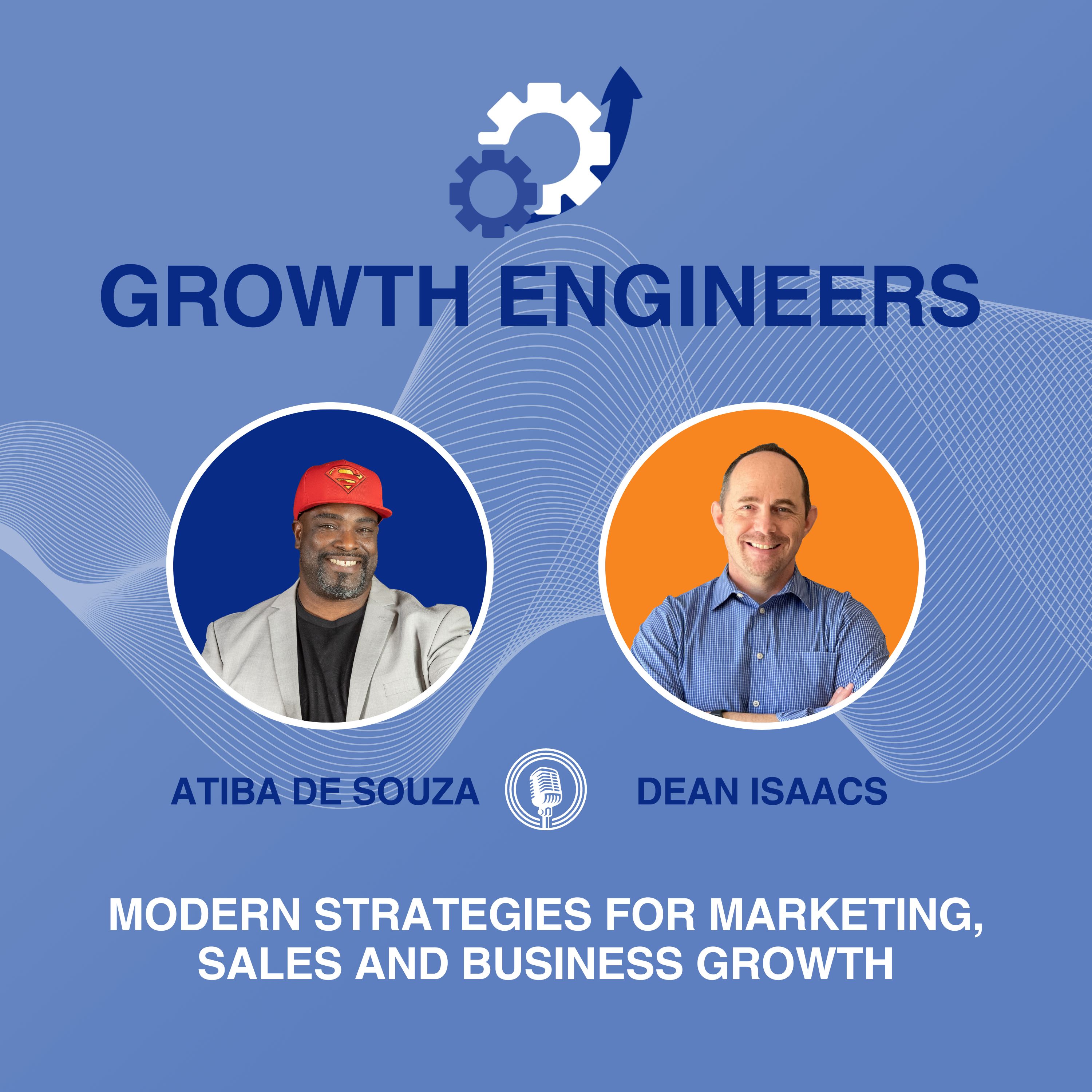
Growth Engineers
Atiba de Souza and Dean Issacs
Refuge Freedom Stories
Jonnie Taverner
St. Augustine of Hippo: Expositions of the Psalms
Mary McDonald
Podcasting for Financial Professionals
Virginia Elder
Best of Virginia Elder
Virginia Elder | Podcast Abundance
Gamify Business Tavern Tales
Paul Pape

